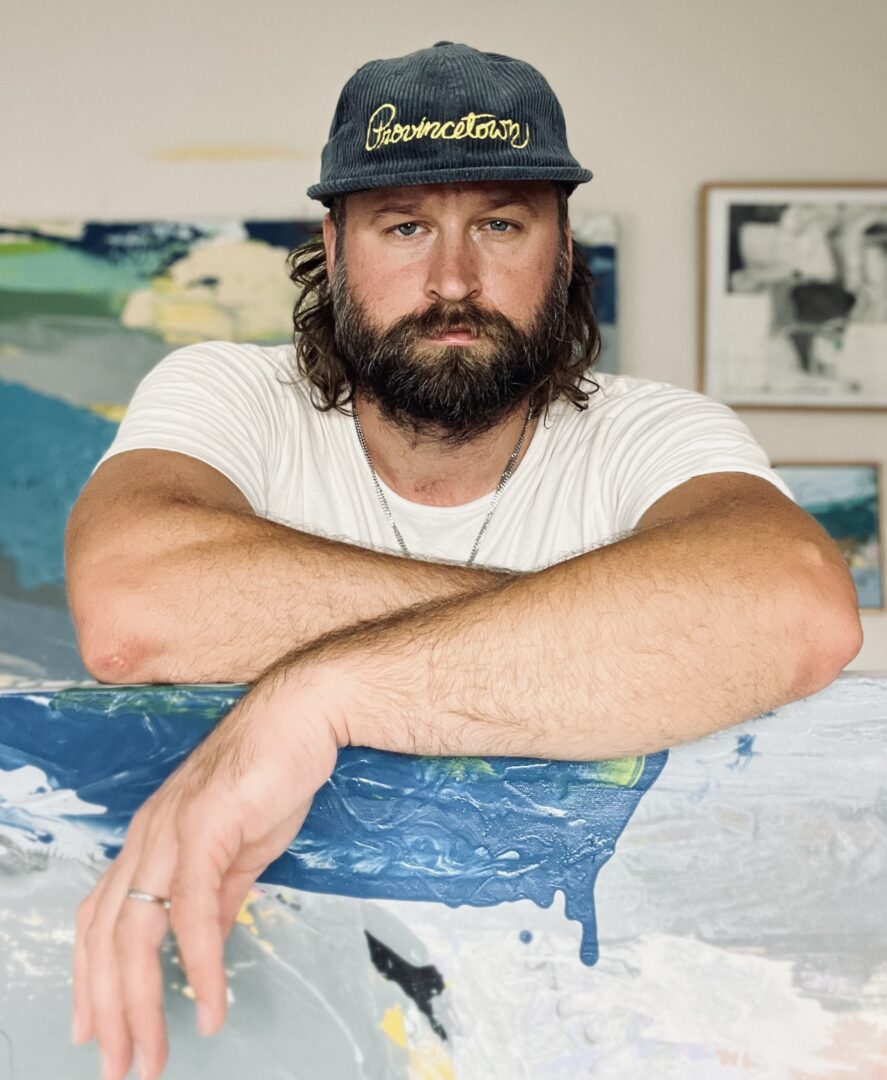We recently had the chance to connect with Matthew Bielen and have shared our conversation below.
Good morning Matthew, it’s such a great way to kick off the day – I think our readers will love hearing your stories, experiences and about how you think about life and work. Let’s jump right in? What are you chasing, and what would happen if you stopped?
I’m really always chasing my next creation. Creativity is like a muscle; it needs to grow, or it dies. Creating has always played a crucial role in my life, no matter what it looked like. Growing up, I would draw, no matter where I was, or build Legos in between any obligation I had. As a kid, you typically have the opportunity to paint or build something literally every day and you take it for granted. As we get older, the school system pours us into a mold and that critical time of creation is incrementally taken away, and is seen as a distraction. We know now that recreation actually aids in academics, work productivity, and therapy.
Making meaningful art doesn’t typically go hand-in-hand in with a blueprint, and there’s no option to follow a map, or even move in a linear way. Impactful art comes through when you’re at your best and also comes during extreme lows. The “in-between” time should never be underestimated either. I definitely believe you should always be moving forward in terms of honing your craft to prevent stiffening up, but the hours spent staring, getting distracted, or even cleaning your house are when some of your best ideas will hit you. Whether you’re pouring puddles of paint, sculpting, or cooking, you’re bringing forth a product in hopes of getting what you need from it. Some times people need to start at point Z to find point A. If I stopped chasing my next creation, I think every other area of my life would suffer.
Can you briefly introduce yourself and share what makes you or your brand unique?
My name is Matthew Bielen and I’m an artist from Massachusetts. I primarily paint and draw, and I occasionally teach. I show my work in Provincetown, MA and on Nantucket. My work is largely influenced by New England’s coastal environment and its maritime history. I believe that art is and should be more than just craft; no matter what you’re working on, you should have an intent, even if your intent is to be meaningless.
Great, so let’s dive into your journey a bit more. What’s a moment that really shaped how you see the world?
In high school I was constantly reading this book of all of Vincent van Gogh’s letters to his brother; it’s essentially his autobiography. He had numerous life struggles, undiagnosed mental health issues, tons of jobs that didn’t work out, and he most likely only sold a handful of paintings while he was alive. When he died, he wasn’t allowed to be buried in the cemetery because he had seemingly taken his own life. At his funeral, some of his paintings were displayed and needless to say, he never got to enjoy his own commercial success. It was around then that, aside from my natural teenage pessimism, I was beginning to understand how people and things are largely valued or devalued by the amount of revenue they can potentially produce.
What did suffering teach you that success never could?
I believe that suffering in life or in your work can absolutely bring about your own improvement. If you’re able to healthily battle through an initial struggle, whether if be grief, or general frustration, I believe the intense emotion and energy can be translated into your work in a positive way, and much of the time bring about healing. As an artist, when you’re able to forget about any type of superficial “success” or “acceptance”, you can then really start working on yourself. I teach a drawing course that deals with harnessing our creations and attempting to nail down the reason we each draw and create. We each need to find out why we see the world the way we do.
I think our readers would appreciate hearing more about your values and what you think matters in life and career, etc. So our next question is along those lines. What are the biggest lies your industry tells itself?
I think this goes back to the question about my world perspective changing. I think greed and immorality seep into the art world as much as they seep into any other market. Whatever popular, middle-of-the-road product, or lifestyle that’s trending can be marketed to bring in a steady stream of money, so an extremely low bar is potentially set in the art market, not to mention our culture in general. Some of the best art being made is time-sensitive, or intangible, unable to be priced or purchased.
Okay, so before we go, let’s tackle one more area. Are you doing what you were born to do—or what you were told to do?
I’m definitely doing what I was born to do. For better or for worse, I need to create to survive. Most people would never recommend that someone base almost their whole life around art, so there isn’t much chance of anyone telling me to do this. The idea of being an artist, as the expression is used, isn’t a decision, it’s really a necessity. Off the cuff, the word “artist” can easily be limited to someone who profits off of their work. But, humans are all born with the necessity to create, in order to understand ourselves and our surroundings. That’s why there are cave paintings. If you’re lucky enough and even determined enough to maintain that hunger and urgency all through your life, then I think you can be called an artist.
Contact Info:
- Instagram: @matthewbielenartist
- Other: Fourelevengallery.com
Galleryatfourindia.com
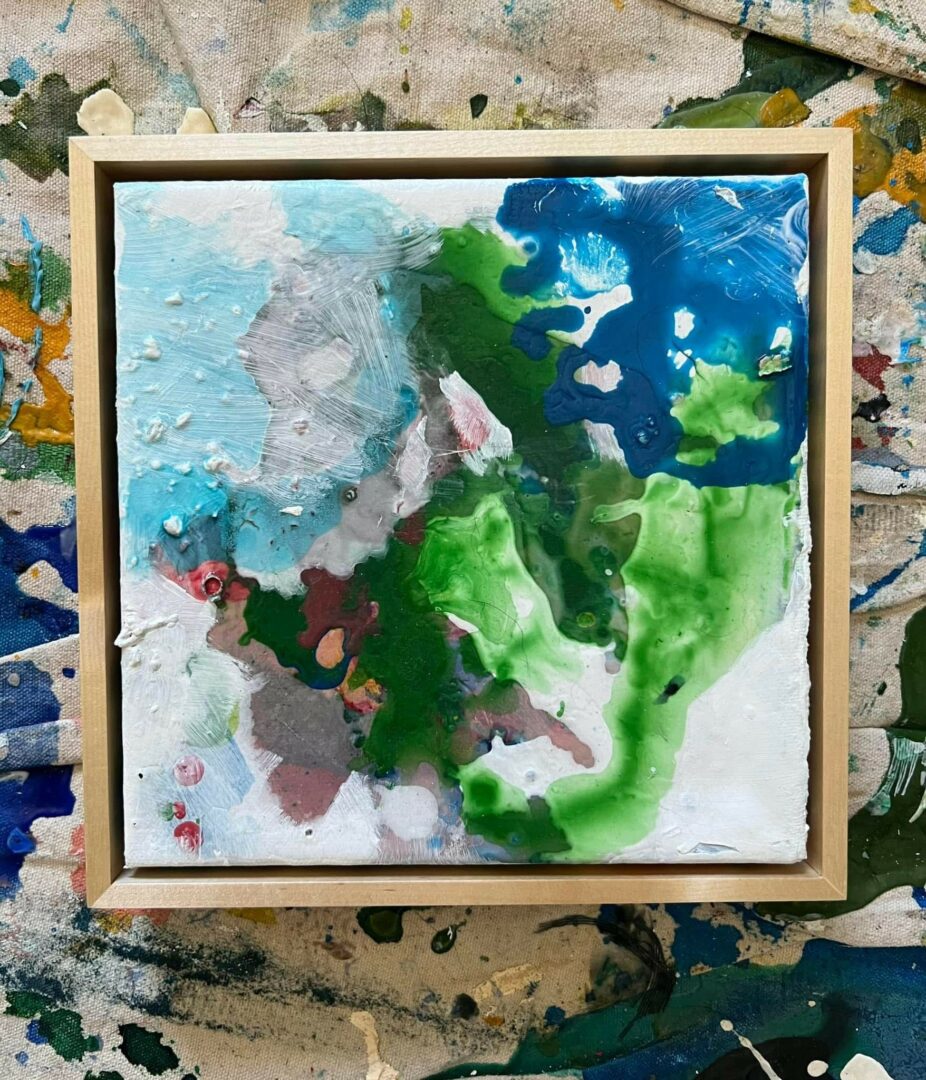
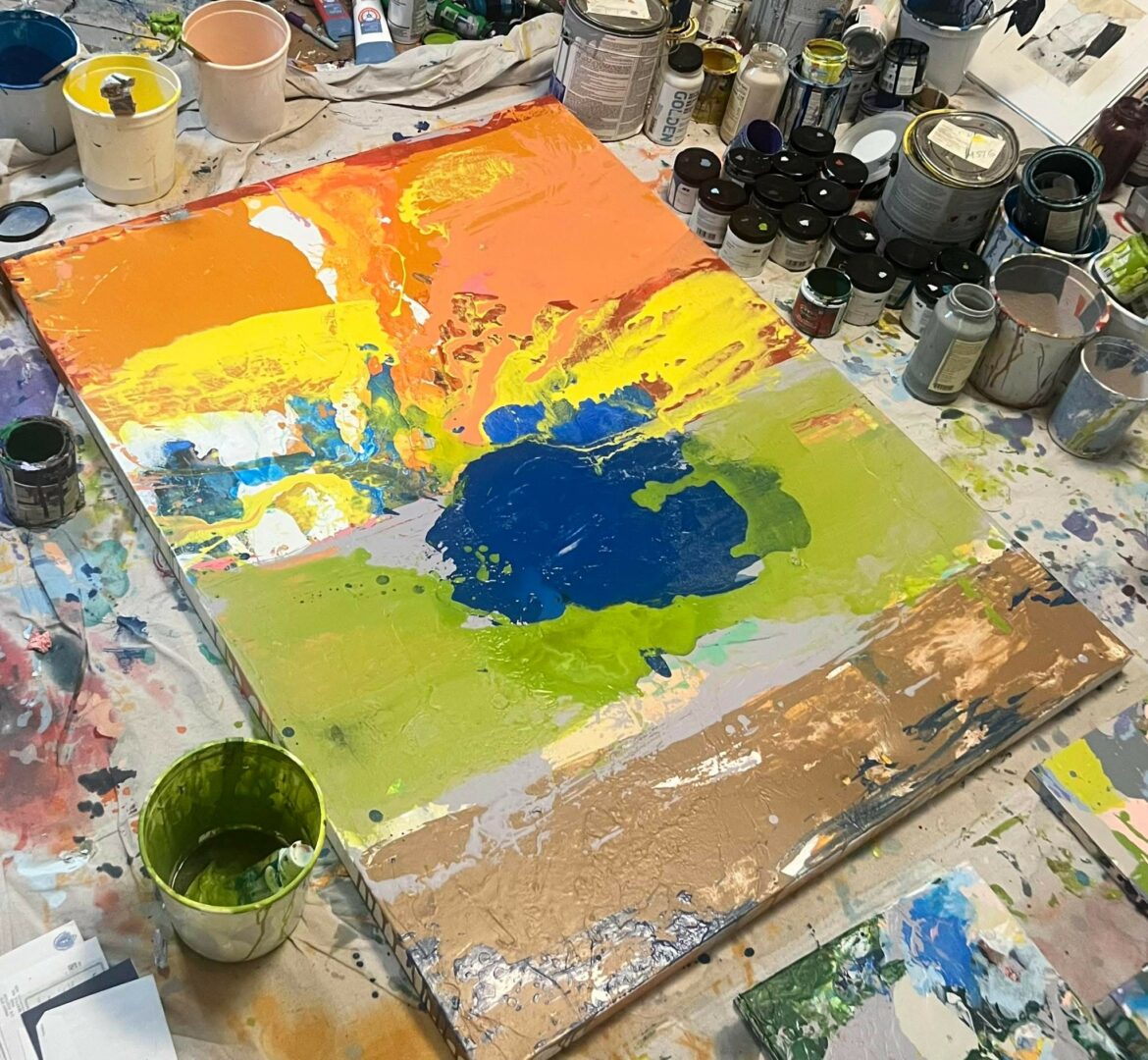
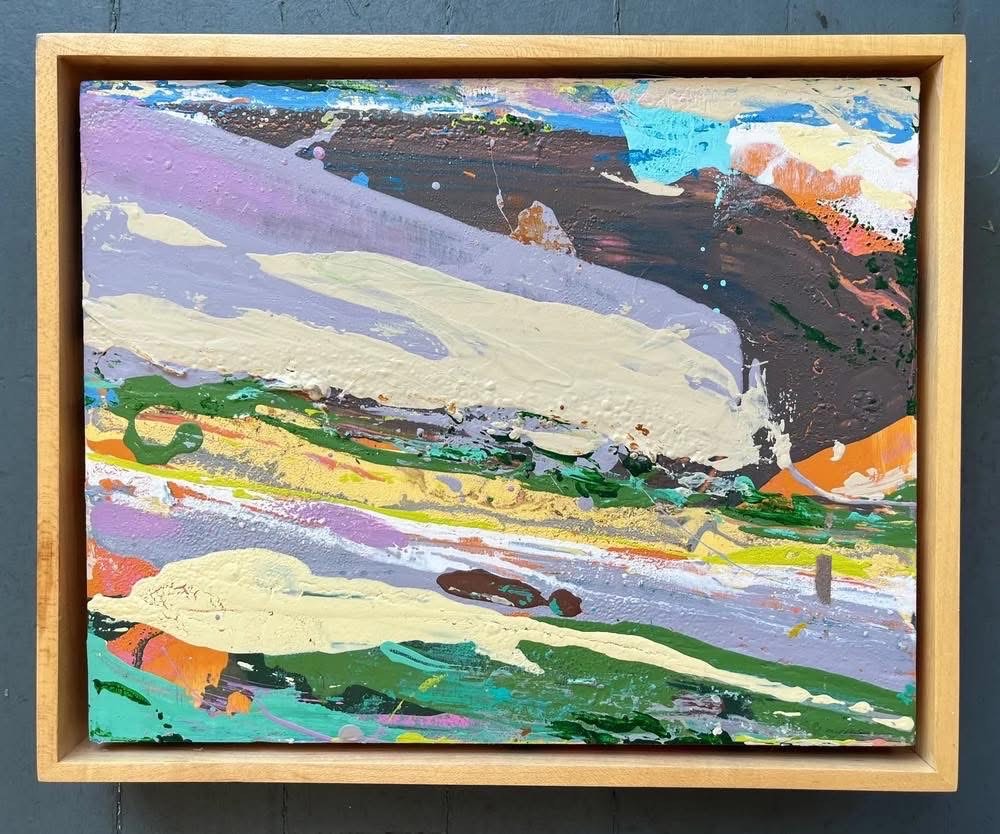
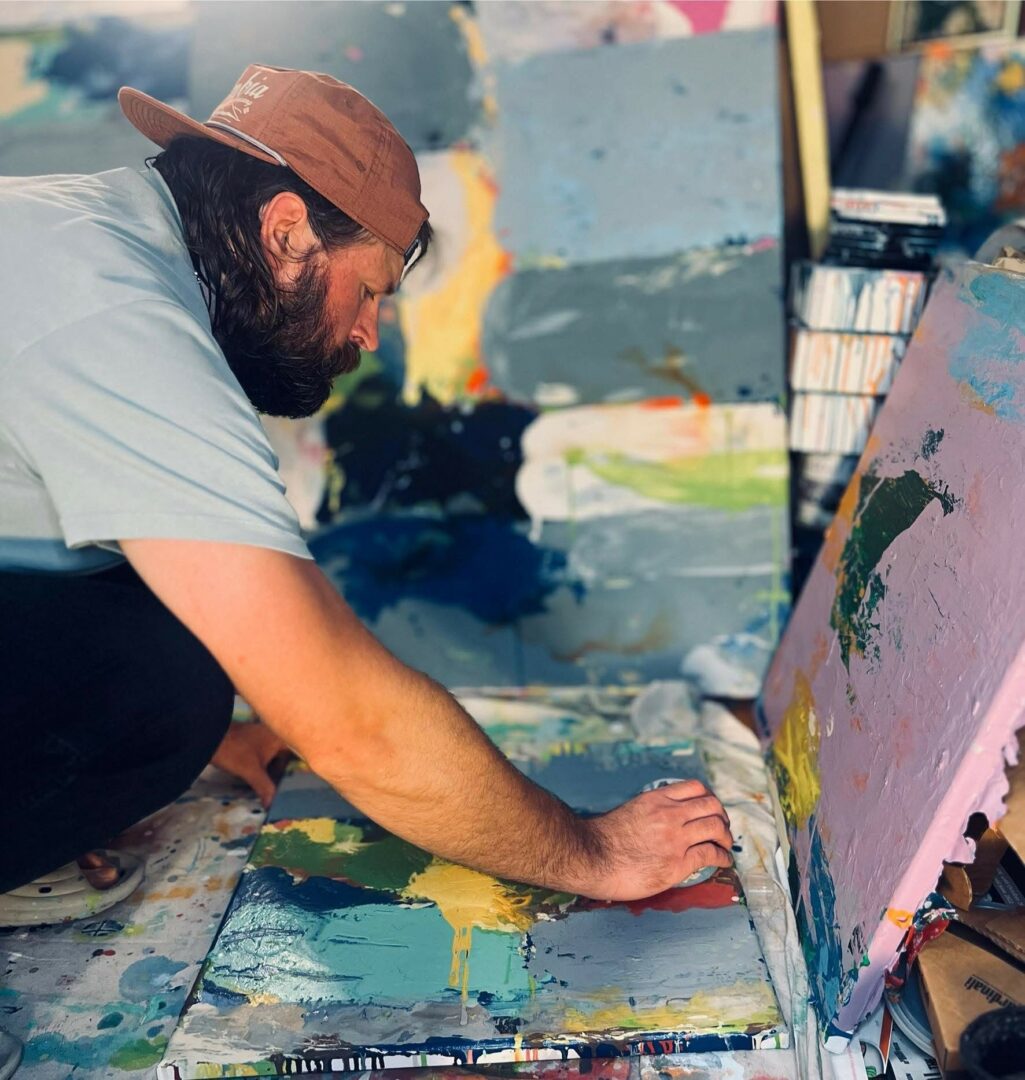
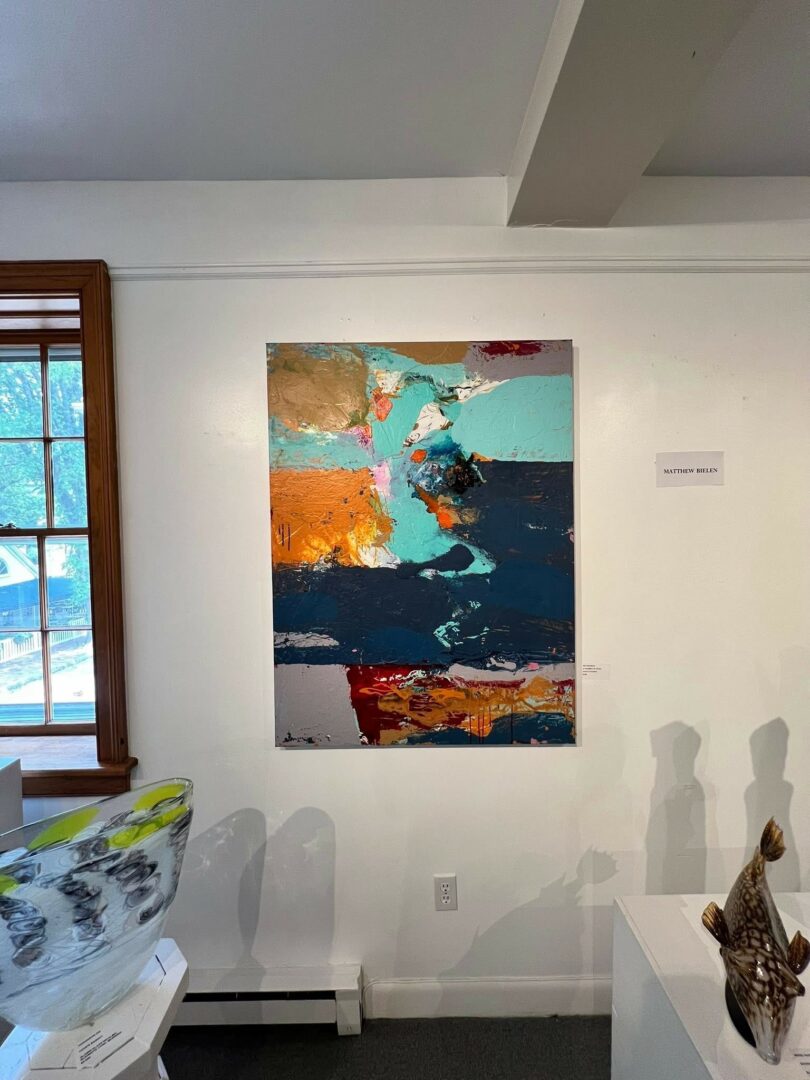
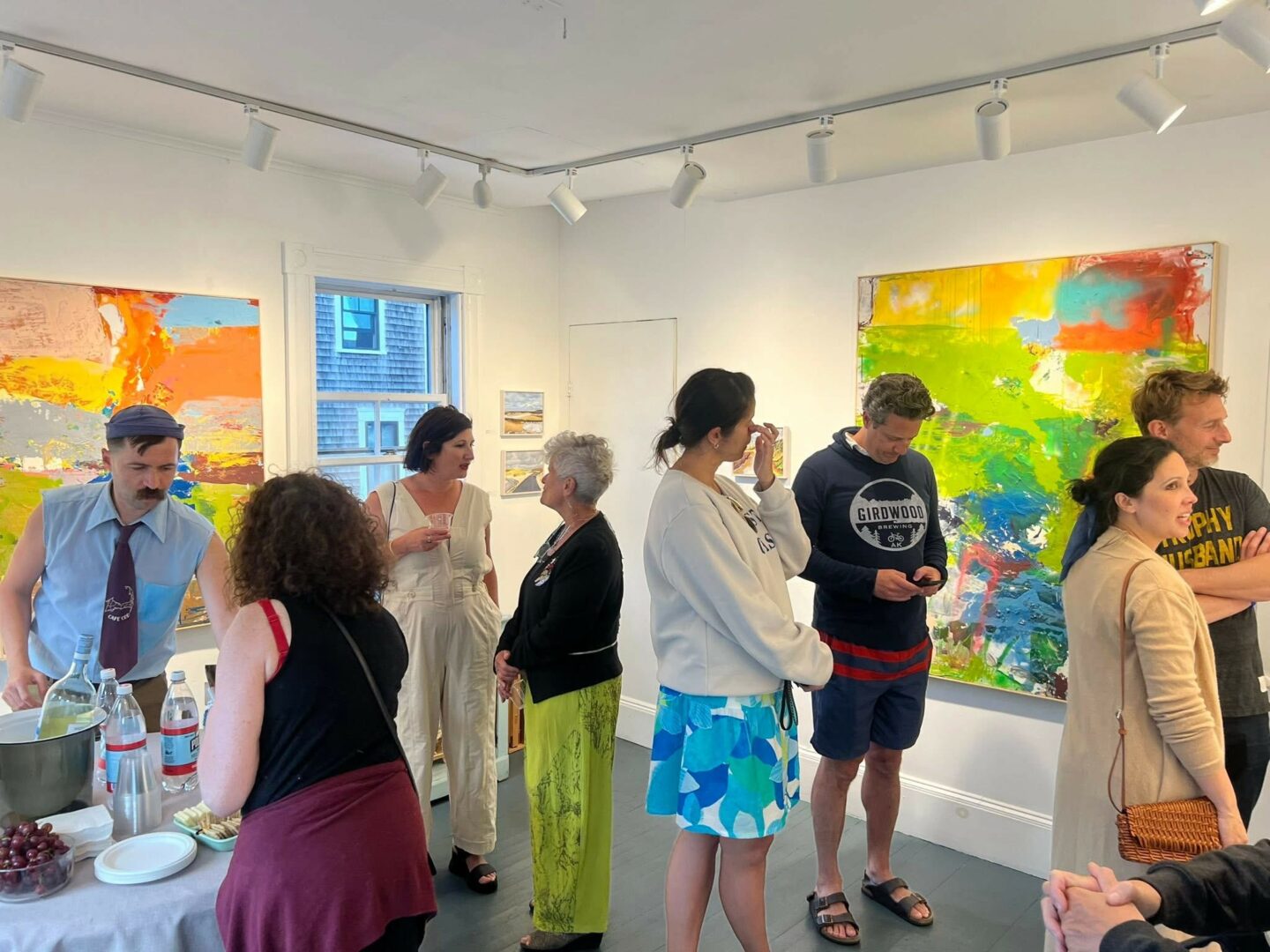
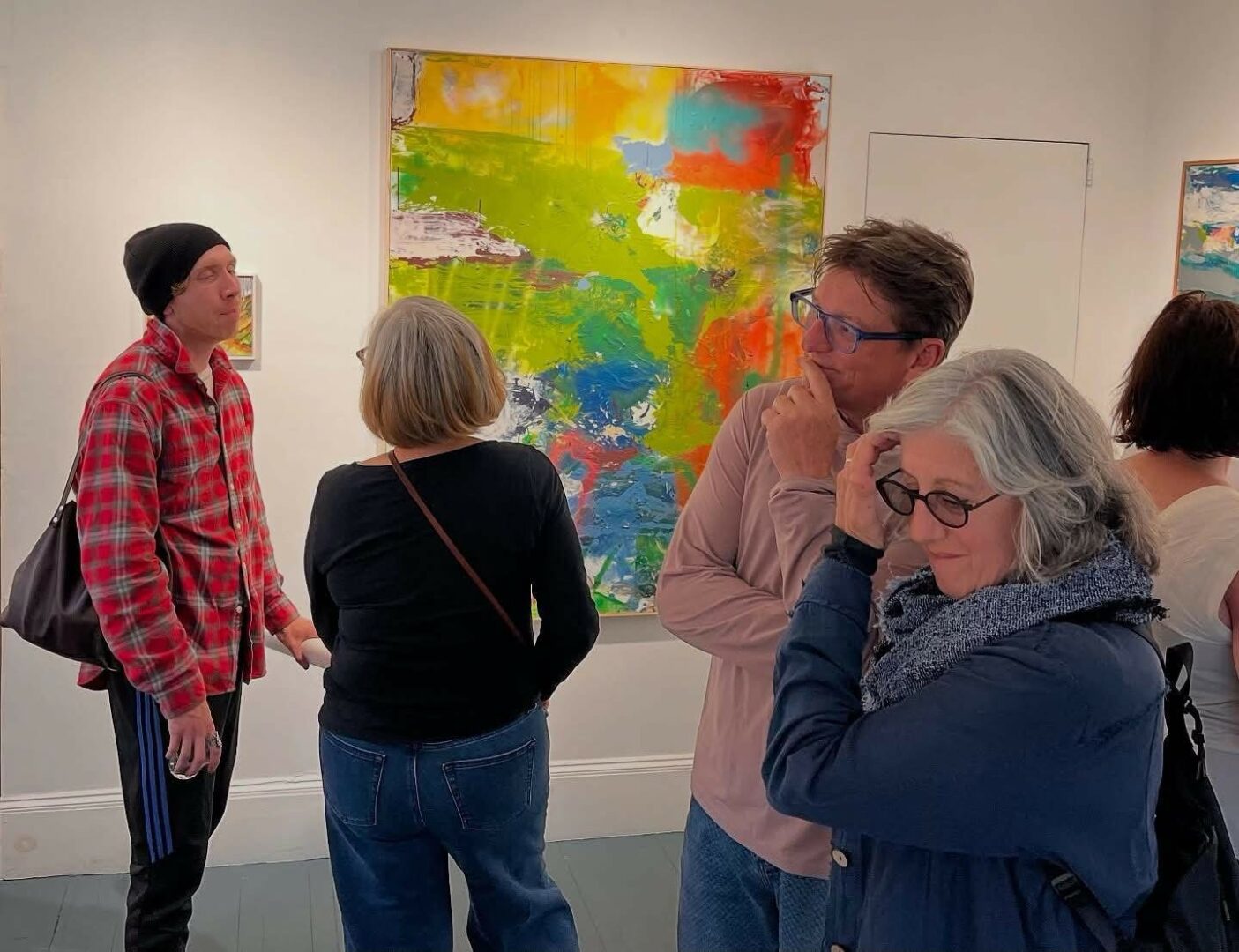
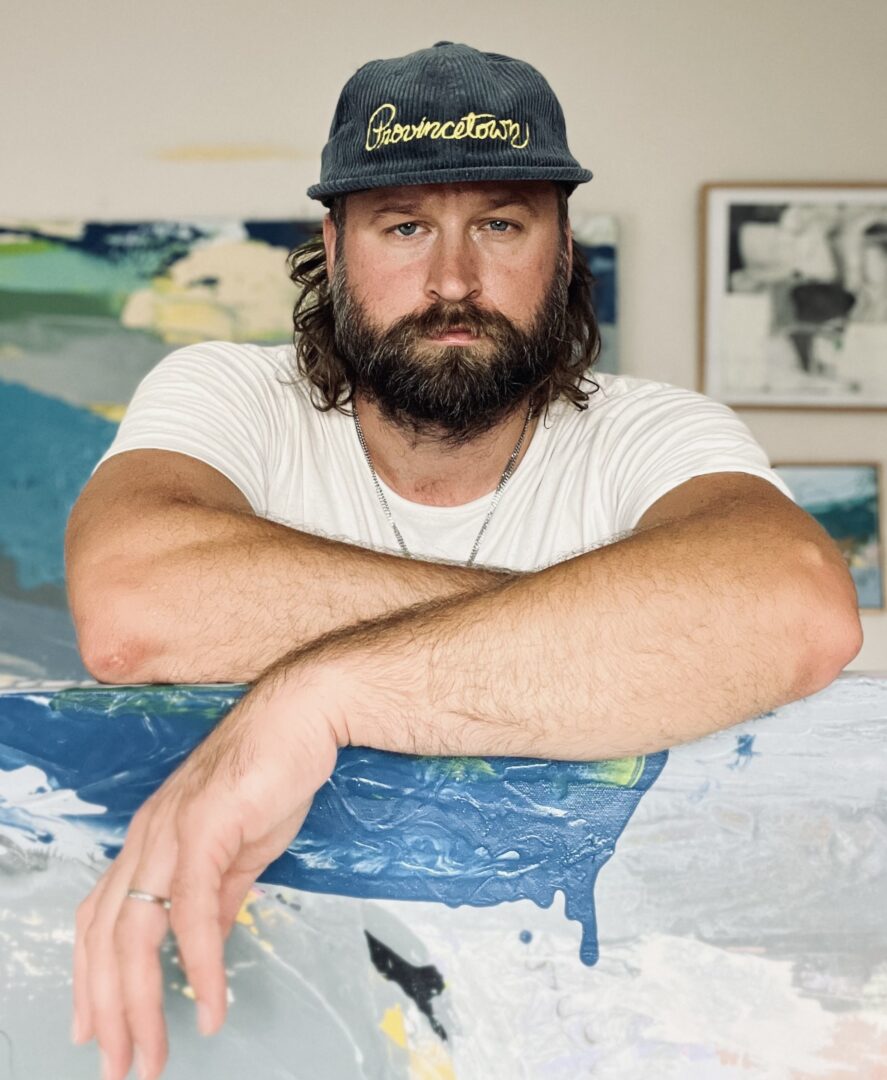
so if you or someone you know deserves recognition please let us know here.

